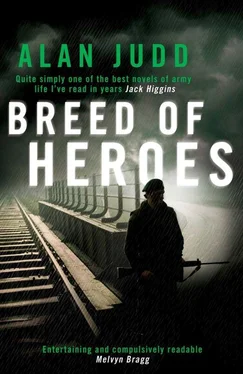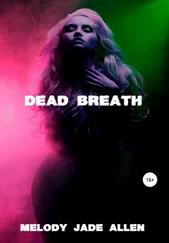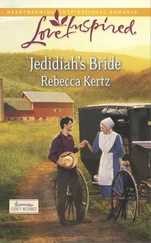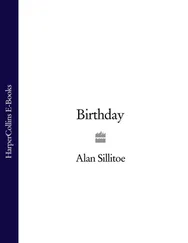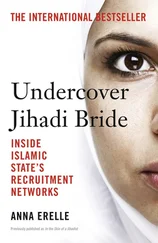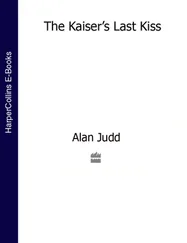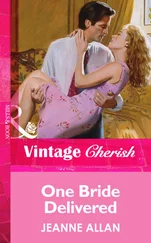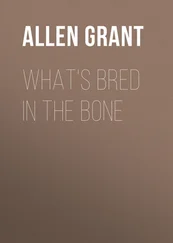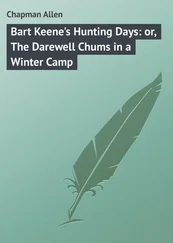He answered queries for about an hour, repeating himself often. Later he saw himself on the television news saying, ‘There has been an explosion,’ with the devastated building in the background and blood down one side of his face. Then there was a close-up of his cuts, robbing them of their impressiveness, to the commentary, ‘Officers refused to have their wounds treated until all the injured had been accounted for.’
Chatsworth and his platoon turned up to help clear the rubble. ‘If it had gone off ten minutes later I’d have been here anyway,’ he said.
‘Then you might not have been here now.’
‘True.’ He enjoyed the scene but was obviously disappointed. ‘I don’t think much of your wounds. They won’t last. Mine will last longer. Even though it’s hidden by clothes most of the time it’ll still be there. The one on your neck is quite near the jugular, though.’
‘Did you hear about the adjutant?’
‘He’s bad, isn’t he? That’s a bit serious. Brings it home to you. All because they won’t let us shoot the bastards unless they’re doing something. I wish I’d seen it, all the same.’
Arc lights were set up as it became dark. It was impressive how quickly and easily the necessary equipment and personnel were mobilised. The artificial glare made the scene of toiling men look slightly unreal. Some of the local women protested about the noise. They stood on the spot where the complaints desk had been and shouted in their harsh Belfast accents about civil rights. The operations officer also had a complaint for Charles: ‘Some bloody oppo of yours called Beedley or something keeps ringing up on the ops room phone to know what’s happened. I keep telling him to come down and see for himself or piss off but he won’t. Screw him or something, will you?’
It proved to be Van Horne’s hour of triumph. Uninjured, apart from an already picturesque scar on the cheek that excited Chatsworth’s envy, he composed and phoned through Beazely’s copy whilst Charles dealt with the more adventurous press. Later Charles was called back up to his office by the CO, who was examining it. The room was a shambles. There were gaping holes where the windows had been, cracks in the other walls and everything movable was smashed or twisted. Even the floor was unevenly shaped, with a great cracked hump in the middle where Charles had seen the sheet of redness leap up. ‘You ought to be dead,’ said the CO. Charles remembered having been told this before and wondered whether, if he were to be killed, the CO would then say, ‘It ought to have happened some time ago, of course. I’ve told him twice before.’ The CO paused and then began again, as though the point needed emphasis. ‘By all that’s reasonable you ought to be dead. This floor is reinforced and blast-proof and it’s still come through it. If it had been a normal floor you wouldn’t be here. Nor if you’d been sitting in a different position. I can’t understand why you weren’t cut to pieces. How’s your eye?’
‘Fine, sir, thank you.’
‘Well done. You did well to escape.’
When they got outside again there was alarm because a car had been spotted parked around the corner against another wall of the building. It was thought it might be another bomb. A warrant officer from the bomb disposal team was summoned and the street cleared. From the safety of the corner they watched him advance alone to the car and examine it. He got down on his knees and peered beneath the boot. Charles was indulging in the warm pleasure of relative safety when the CO, after peering impatiently round the corner, said, ‘Go down and see if he wants a hand, Thoroughgood.’
Charles walked down the street as slowly as he dared. It was pointless to hazard two lives instead of one and he knew nothing about bomb disposal. It was probably even contrary to Army procedure but he did not have the nerve to disobey the CO. Even if he had, the habit of obedience would probably have sent him down there. He felt calmly fatalistic as he stood by the car. ‘D’you want a hand?’ he asked the warrant officer.
The man was half under the car. ‘There’s a wire here I can’t identify.’ He wriggled out. ‘We’ll go in from the top. You can hold those for me.’ He handed Charles some tools, selected a strange-looking drill and cut a hole about four inches in diameter in the top of the boot. ‘All clear,’ he said after a minute or so.
Charles was very relieved, despite his calmly fatalistic feelings of a few minutes before. He offered the man a cup of tea, which was all he could think of to say. ‘No time,’ he said as he collected his tools. ‘Got another one in the city centre. They’re popping up like mushrooms tonight. This is my third. Mostly hoaxes.’
Much later Henry Sandy returned from the hospital. He looked very tired. ‘Colin’s dead,’ he said.
Again, the secret thrill of being alive. It was a shameful thrill though his heart leapt within him to hear Henry’s words. Yet it was still a shock to hear it said. He knew there was no reply, as Henry knew, but there was a desire to say something. ‘Blast?’
‘No. A severely fractured skull. The whole of the right side was smashed in. He must’ve hit something or something hit him. He never had a chance. His brains were coming out of his mouth in the ambulance. They did everything possible at the hospital. They had two surgeons working on him for an hour and a half.’ He pulled slowly on his cigarette, talking quietly. His face was expressionless. ‘And there’s a baby with a part of his brain outside his skull. He’ll live. They’ve saved him, as a vegetable. He was in one of the cars, apparently. And some bird who’s lost both legs. She was in the building, I think.’
‘Mary Magdalene.’
‘What?’
‘Local girl.’
‘Ah.’
The Army had a way of dealing with death that took the edge off the acute sense of futility and helplessness that afflicts most people. Woven into its collective subconscious was an expectation of death and even a vague sense that it was apt. It was a part of the contract. Besides, the war had to go on and there were things to do — repairs, new defences, reports to write, kin to be informed, precautions to be taken. Two clerks packed Colin’s kit that night. They stripped his bed, collected his clothes, gathered the family photographs, the cigarettes and personal oddments from his locker. His money was counted and recorded. Charles pointed to a family photograph that included Colin in uniform. ‘I’d better have that for the press,’ he said. The two clerks hesitated, sullenly. ‘Otherwise they’ll be bothering his wife and family for one. It’s better if they get it from this end.’ He signed for it and within an hour the only trace of the adjutant was a pile of kit stacked and labelled in a green metal cupboard in the orderly room, waiting to be shipped off. So long as the procedure was followed, the now-living and meaningful book which was so often abused, everything would be all right. Slow and unwieldy as it was in normal times, the Army was one great system designed for disaster and, so long as enough of it survived to work the system, that was when it worked best. It was believed in. Tony Watch took over as adjutant that night.
By four in the morning there seemed nothing left to do but go to bed. Charles was present when the CO gave an interview to a young radio reporter, one of the few journalists he liked. The man had flown over from London on the last plane on hearing of the bomb and was rewarded by a simple and touching piece for the seven o’clock news, with details of Colin Wood’s death which were released only that morning, too late for the dailies. When the reporter had gone, the CO rubbed his eyes wearily. ‘It’s terrible, simply terrible,’ he said slowly. ‘One simply doesn’t know what to say. I’ve known Colin since he was a young subaltern, and to see him killed like that — there simply aren’t words. I don’t know a better young officer, you know, I really don’t. D’you know Diana his wife?’
Читать дальше
